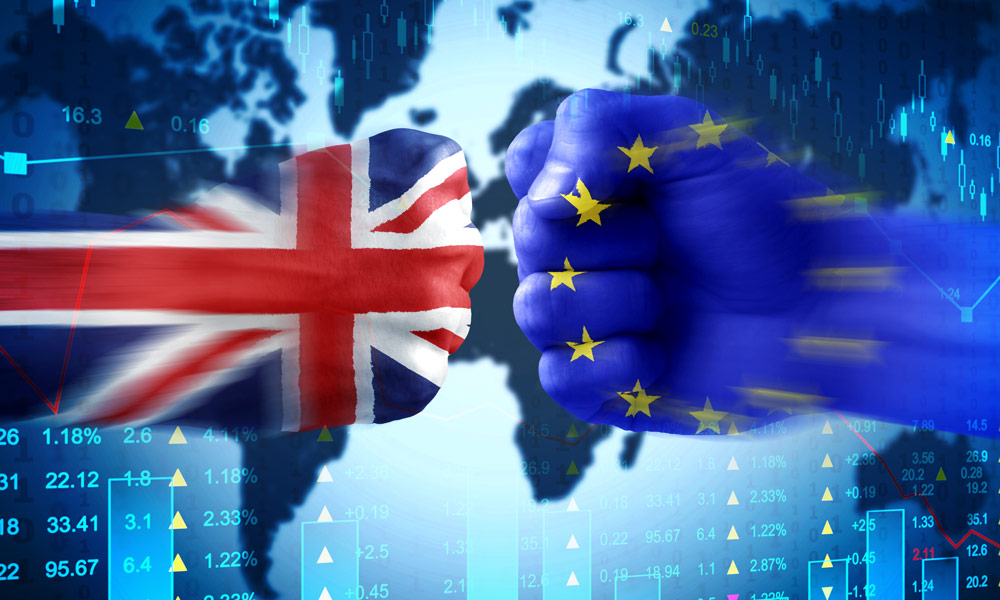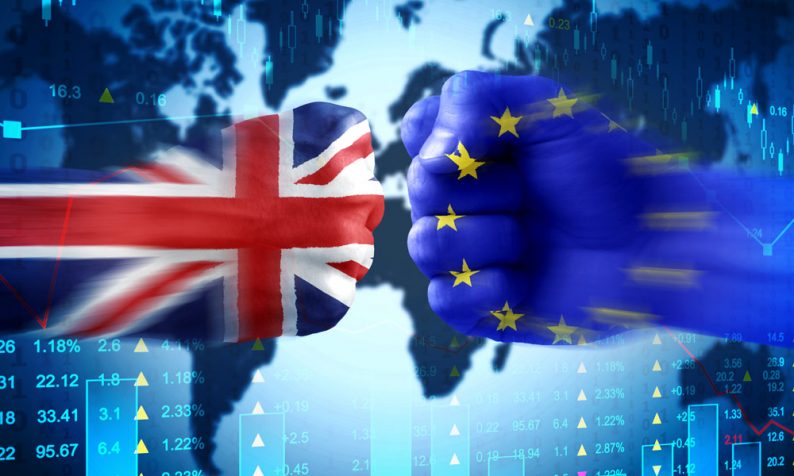
One of the top headlines these days is the issue of a Brexit or a British exit from the European Union. As it turns out, some Britons and political leaders believe that the EU policies are already infringing on UK sovereignty and its stance on immigration might not be the best for all its members. With that, euro-skeptic political parties like UKIP campaigned for a Brexit, leading Prime Minister David Cameron and the Conservative Party members to set a referendum for June.
As it is, the very idea of a Brexit is weighing on the British pound’s price action, with investors moving funds out of the UK in anticipation of more financial and economic uncertainty. Forex traders are also pricing in these potential implications of a Brexit on the UK economy.
Brexit: Yay or Nay?
The pro-Brexit camp believes that leaving the EU would enable to the government to save taxpayer money, result in stricter immigration controls particularly with the influx of refugees from Syria, and reduce the economic burden of complying with EU policies. For them, the UK economy is faring much better than the rest of its EU peers so it makes sense to stand on its own feet without having to shoulder the economic problems of other member nations.
On the other hand, the anti-Brexit folks think that exiting the EU region might derail the feeble UK economic recovery and result to higher joblessness. Among the biggest concerns is the close trade ties with EU nations, as more than half of UK exports are distributed to the region. Economists have estimated that removing these trade agreements could shave off around 6-9% of the UK GDP.
Enter EU Deal
Since Prime Minister Cameron isn’t too sold on the idea Brexit, he decided to come up with a compromise with the leaders of the EU. This draft deal addresses four major issues namely economic governance, sovereignty, competitiveness, and immigration.
European Council President Donald Tusk went over this deal and made a few revisions of his own, but other EU members will still evaluate these proposals ahead of the supposed Brexit referendum in June 23. The bottom line is that the UK wants to keep its own currency, decide whether or not to participate in bailout programs, undergo less red tape in the EU, not be forced to commit to political integration, be able to challenge EU legislation, and restrict immigration and social benefits as they wish.













Leave A Comment